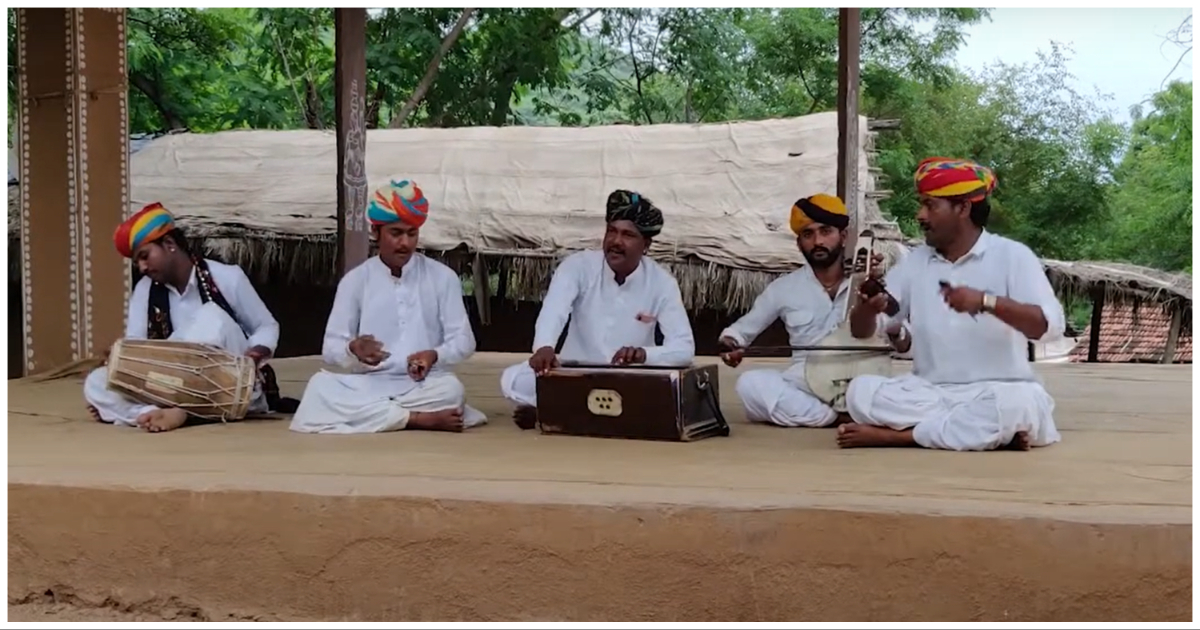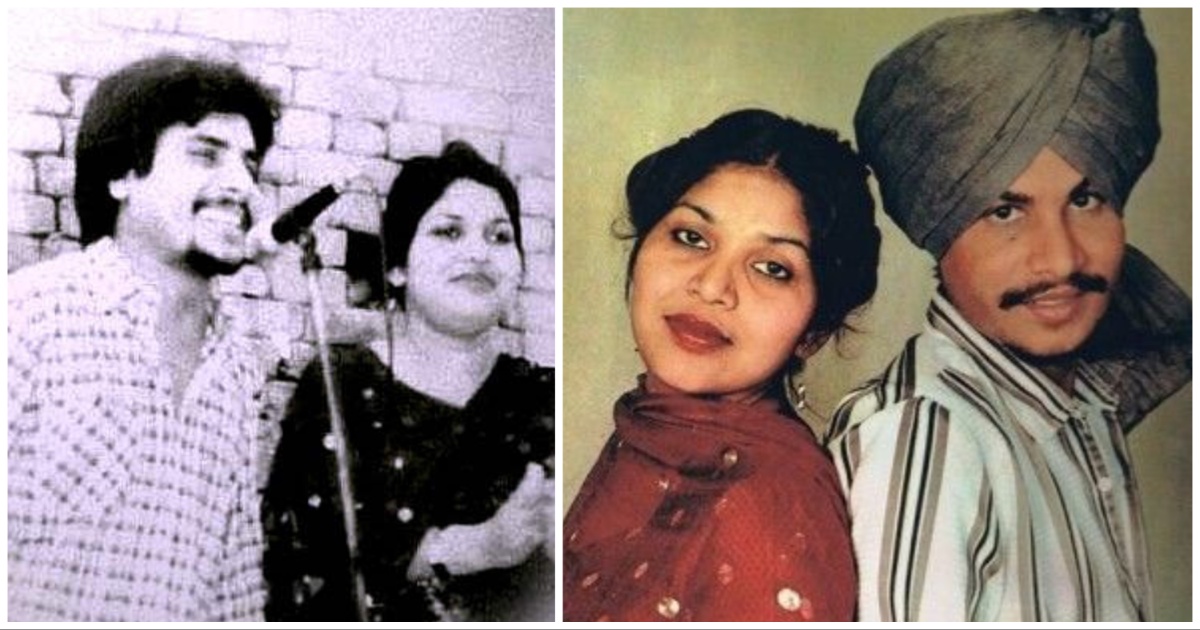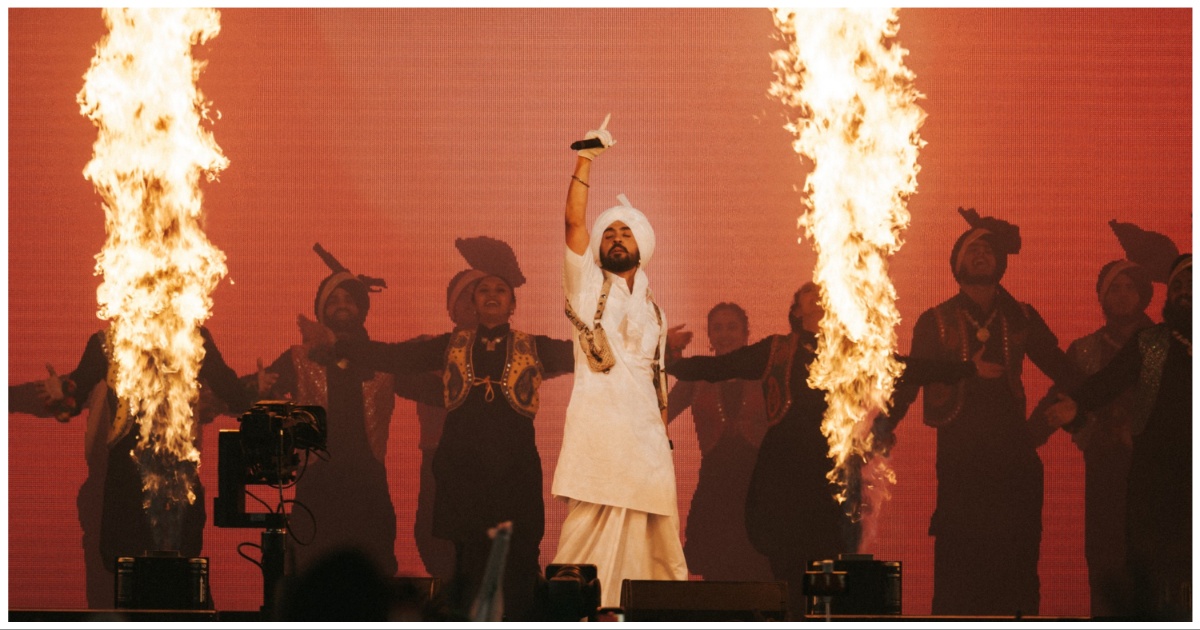The Langas and Manganiars are known as the original proponents of Sufi music. These Muslim communities have resided for centuries in the Thar Desert region of western Rajasthan, specifically in the Barmer and Jaisalmer districts, as well as in villages along the Pakistan border. Their traditional occupation is that of musicians who perform for higher caste patrons.
The Langas are supported by Muslim Sindhi Sipahis, while the Manganiars mainly sing for Hindu patrons. The Langas are divided into subcastes according to their primary accompanying instrument, which is passed down from generation to generation. The Surnaiya Langas play wind instruments like Surnai, Algoja, or Satara, Been, and Murli. The Sarangi Langas, on the other hand, play the Sarangi.
The Khamaicha is the primary instrument used by the Manganiars. Both the Langas and Manganiars use the Dholak, Matki, Morchang, and Khadtal as accompaniments during their performances. Their repertoire includes Sufi kalams and folk songs, which have been passed down from generation to generation. Among eulogies and songs specifically composed for patrons, there is usually a strong philosophical undertone. Women in these musical communities have a separate and full repertoire.
Also Read: The indie music scene in Delhi and its challenges
The Langas and Manganiars sing specific ragas for specific times of the day, seasons, and different occasions such as weddings, births, and other ceremonies. They also have a collection of devotional music, which includes compositions by Kabirdas, Surdas, and Tulsidas, as well as Meerabai’s bhajans. These musicians are also excellent at Sufi renditions, with Bulleh Shah, Amir Khusro, and Latif being among the most popular.
Langas and Manganiars gain recognition
In recent years, the Langas and Manganiars have gained significant recognition and appreciation for their music, both within India and internationally. Their unique style of music has been showcased in various music festivals and cultural events across the world. Many musicians from these communities have also collaborated with popular music artists and bands to create fusion music.
Despite the recognition and appreciation they receive, these traditional musicians still struggle to make a sustainable living. With the rise of modern music and digital media, their art form faces the risk of being forgotten. As a result, various initiatives have been taken to support and promote these musicians. Some non-profit organisations are working to provide better opportunities and exposure to these musicians, while some private players are offering online platforms to showcase their music and connect them with a wider audience. Despite the challenges they face, the Langas and Manganiars continue to hold on to their rich cultural heritage and share their music with the world.




